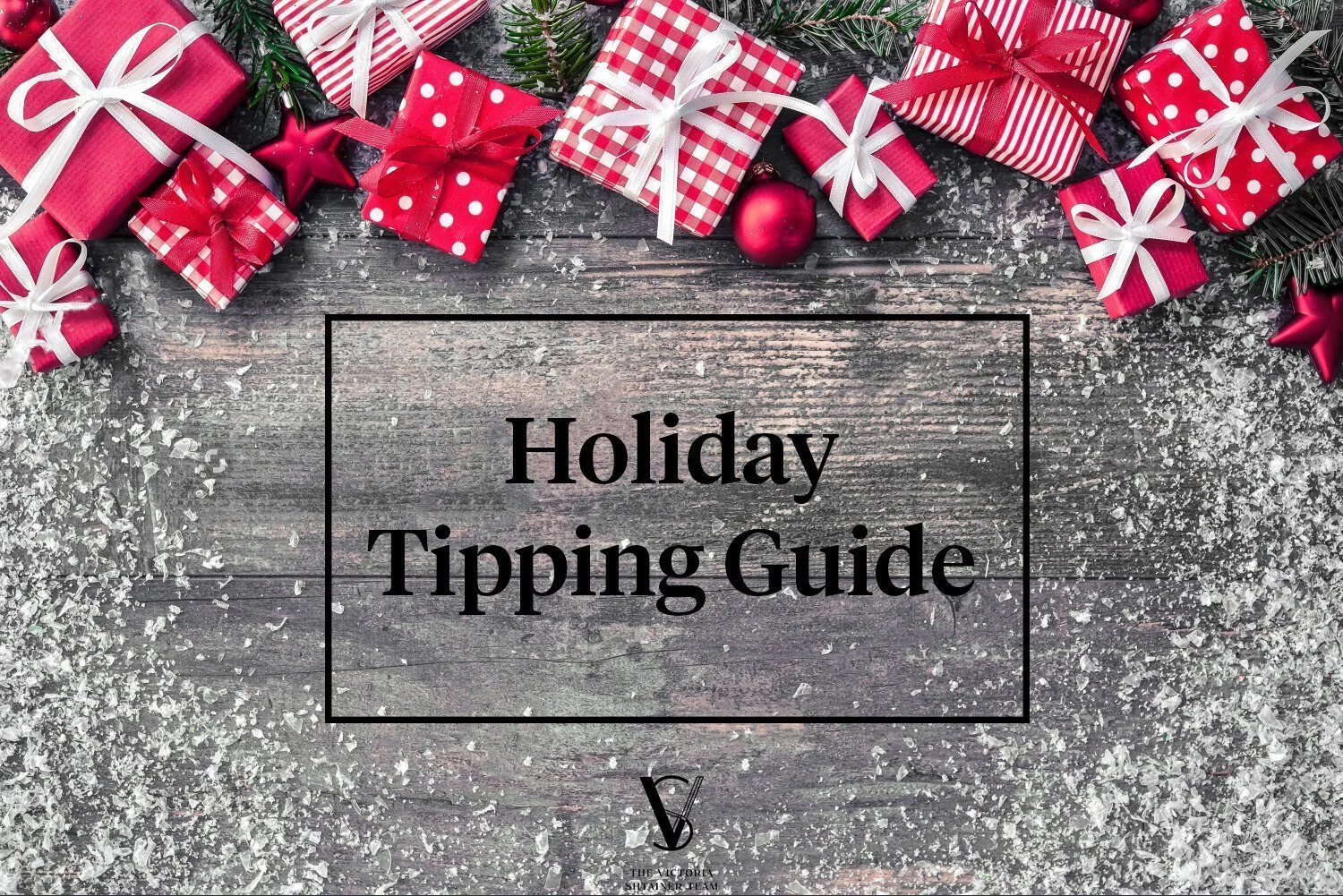Buying a home is one of the largest decisions and financial transactions in many people’s lives. Because this is the largest financial asset for most many, anxiety and stress can cloud the decision-making process. Questions such as the following often – Is this the right decision for me? Is this the home I should be investing in? Is now a good time to buy, or should I wait?
Whether a first-time home buyer, or a seasoned real estate investor adding to your portfolio, questions arise during every transaction. In our experience working with buyers, sellers, renters, and investors across all experience ranges, here is a list of the most common questions we get asked when it comes to investing in a home.
WAS THE HOUSING CRISIS DURING THE FINANCIAL CRISIS JUST A BLACK SWAN EVENT TO BE PUT BEHIND US, OR DID IT SHOW THAT HOMES ARE NOT SAFE AND PROFITABLE HOLDINGS?
The Financial Crisis of 2008 changed the psychology of nearly everyone as it relates to finances and purchasing decisions. This has been more pronounced with Millennials.
Not all those that purchased homes during the crisis of ‘08 were negatively impacted, however, the ripple effect did bring down the overall market. Those that were hit hardest were buyers that stepped up to buy properties they could not afford, largely amplified by mortgage lenders who had much more relaxed lending guidelines and approved individuals for mortgages they could not truly afford. The latter was largely responsible for the subprime mortgage crisis during this time period.
The crisis revealed the dangers of over leveraging. While a mortgage can be a great thing, taking on too much debt can lead to many issues, especially in a home purchase. A large majority of those severely wiped out by the housing crisis mortgaged the purchase of the home with minimal equity down, thus they had no skin in the game so to speak and we were willing to just walk away from their payments as a result. This is why so many homes went into foreclosure.
Any market, financial or otherwise, is subject to a crisis, however, the housing crisis has resulted in more restrictions imposed on lenders and is certainly more prevalent in the back of buyers’ minds as they asses what they can afford.
While interest rates on mortgages are once again at historic lows, it is important to understand the true monthly payment costs and the tradeoffs associated with various mortgage products and increasing your down payment. We sat down with a Mortgage Expert to ask some questions – read more here.
NOW THAT HOME VALUES HAVE RECOVERED, WHAT'S THE SMARTEST HOME OWNING STRATEGY GOING FORWARD? IS IT SAFE TO ASSUME A HOME WILL STEADILY APPRECIATE?
Plain and simple – buy what you can afford! Consult with a mortgage advisor to receive a pre-approval letter if you are financing your home purchase. The pre-approval letter will reveal in what price range you should be shopping.
Time horizon is certainly a contributing factor to price appreciation. Because of the additional costs of a real estate transaction, a timeline of at least 5 years is usually a standard outlook to outweigh the costs of buying versus renting. In Manhattan the rent vs. buy analysis is more complex given pricing – we are happy to help guide you on what makes the most sense given your personal scenario depending on income, timeline, and down payment. This, of course, varies from market to market, and even neighborhood to neighborhood. If you envision yourself staying put for quite a while, we tend to see real estate prices appreciate over a long-time horizon.
IS IT SAFE TO ASSUME THE HOME WILL BE A SUBSTANTIAL ASSET FOR FUNDING RETIREMENT THROUGH A DOWNSIZING OR REVERSE MORTGAGE?
Owning a home is credited as one of the largest contributions or “escalators” to wealth. With that being said, substantial price appreciation can be observed on homes owned for multiple decades. Upon retirement, some individuals do not need the large family home they used to raise their families and downsize. Downsizing generally results in additional gains pocketed from the price appreciation of the original home versus the price paid for the new, smaller home. Essentially, downsizing is a way to pull out the equity that has accumulated over time as a result of homeownership. Equity is one of the reasons that homeownership contributes so much to an individual’s wealth!
Again, this is very market dependent as a smaller home in a different market may not equate to a smaller price tag all the time.
As to whether the additional “income” from a home sale can fund retirement, that is something the client should consult their certified financial advisor in regard to as everyone’s financial situation and needs in retirement vary.
AS A YOUNG INVESTOR, WHAT DO I HAVE TO DO TO ENSURE I WILL BE ABLE TO SUCCESSFULLY PURCHASE A HOME?
For many young couples looking to purchase their first home, the largest obstacle in achieving that is coming up with the down payment. There has been a definite shift towards this being a large struggle over the last decade as more and more young couples are burdened with large amounts of student debt given the increased costs of education. They are then forced to rent, which can be costly, and have minimal bandwidth to save for a down payment with all their various financial obligations.
A minimum 5-year timeline is reasonable in most markets in order to cover the costs of the transaction on both the buy side and the sell side if moving down the road versus price appreciation over that timeframe. Of course, the longer one stays in the home, the more the transaction costs are spread out over time which is coupled with additional time opportunity for price appreciation.
It does not necessarily always make sense to reach for the most expensive home. If buying the most expensive home they can afford means tapping out their budget and being on the line with meeting monthly expenses, this is probably not the wisest decision. Instead, buyers should look to purchase something in their price range that they love yet still allows them to live their daily lives while meeting financial obligations.
WHAT KINDS OF MISCONCEPTIONS AND FEARS ARE YOU SEEING IN THE MARKET AMONG ALL YOUR CLIENTS?
Working with buyers in the current NYC market, we would identify a lack of urgency as the biggest commonality across different price points. Buyers have an advantage over sellers in the current market as well as a large selection of inventory including both resale and new construction. This can lead buyers to stretch out a search as they feel what they are looking for will “still” be there. Additionally, macroeconomic events such as the political climate, a possible Trade War with China, and Stock Market volatility contribute to Buyers’ hesitancy to leave rentals and make a purchase.
In New York City specifically, the market is also feeling the impact of local laws related to Rentals as well as increased Mansion Taxes. The latter progressively increases the Mansion Tax depending on the sale price of the property. Buyers in the $2-$5M range are likely feeling the impacts of the increased taxes the most.
In regard to young people taking on debt – as referenced in some responses above, we think the young buyer’s mentality towards debt has definitely changed living through the financial crisis as well as coupled with the increasing amount of student debt. As a result, some can be apprehensive to take on additional debt with a mortgage. However, talking through some of the advantages of mortgages, such as tax benefits, as well as reviewing the myriad of products available with a mortgage broker can alleviate some of these upfront concerns. We are seeing younger people having to rent longer than their predecessors given the inability to save for a down payment rather than aversion to taking on debt in the form of a mortgage.





















